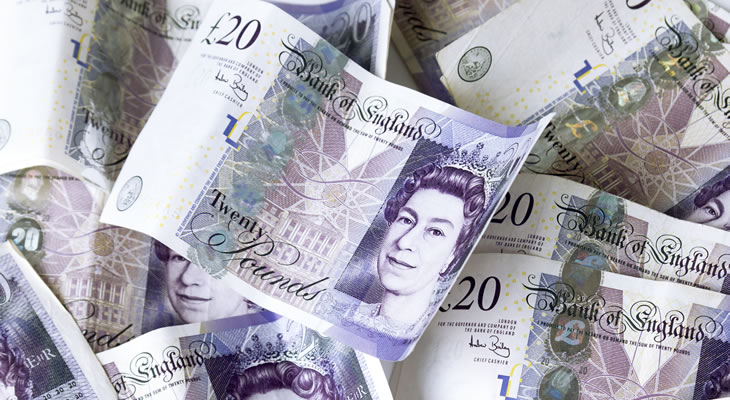Pound (GBP) Rallies on Hopes of Reopening
The Pound (GBP) rebounded during yesterday’s trading session after Boris Johnson’s comments on the planned ending of lockdown restrictions later this month gave hope to GBP investors.
The PM said that there is ‘nothing in the data at the moment’ to suggest that the UK will need to delay its full reopening of the economy, but he added that ‘we’ve got to be so cautious’.
Turning to today, last month’s finalised services PMI were revised higher than preliminary estimates in response to looser restrictions, with service sector growth hitting a 24-year high. This will likely further boost Sterling as the day goes on.
Euro (EUR) Weakens on Slump in German Sales Figures
The Euro (EUR) slipped yesterday as Germany’s latest retail sales figures showed a huge contraction in sales growth.
The figures revealed that sales contracted by 5.5% in April, much worse than the forecast 2% contraction and down from a 7.7% expansion in March, in response to tighter coronavirus restrictions.
Today the Euro might be somewhat buoyed by the Eurozone’s finalised services PMI, which was revised marginally higher than previous estimates and showed the fastest growth in the services sector since June 2018.
US Dollar (USD) Strengthened by Rise in Treasury Yields
The US Dollar (USD) firmed yesterday, with a rise in US Treasury yields increasing demand for the ‘Greenback’.
USD was also strengthened by hawkish comments from Philadelphia Fed President Patrick Harker, who suggested it is time to ‘think about thinking about’ tapering bond purchases.
Coming up, the latest ISM non-manufacturing PMI could further boost USD exchange rates if it shows continued growth in the US services sector.
Canadian Dollar (CAD) Firms on Strong Oil Prices
The Canadian Dollar (CAD) stayed strong through yesterday’s session, with the OPEC’s slow increase in oil production continuing to strengthen both WTI crude prices and the oil-sensitive ‘Loonie’.
Australian Dollar (AUD) Dips amid Weak Economic Data
The Australian Dollar (AUD) was on the defensive overnight, as a rebound in the US Dollar and disappointing economic data weighed on the ‘Aussie’.
Australia’s final services PMI for May came in below market expectations, while retail sales growth in April was reported to have slowed, putting downward pressure on AUD exchange rates.
New Zealand Dollar (NZD) Slips on Disappointing China Services PMI
The New Zealand Dollar (NZD) also dipped in overnight trade, with China’s Caixin services PMI for May failing to meet market expectations. The strong US Dollar and weak economic data from Australia also weighed on the ‘Kiwi’.


Comments are closed.